
Date & Time
- DATES: MAY 13 | MAY 27 | JUNE 10 | JUNE 24 | JULY 15 | JULY 22
- Time: 12:00 PM - 1:00 PM EDT
- Location: VIRTUAL (ZOOM WEBINAR)
Register
Participants at a minimum of 50% of sessions will receive a certificate of attendance from CIFAL York
BACKGROUND
The United Nations Sustainable Development Goals (UN SDGs) were developed at a UN Conference on Sustainable Development in Rio de Janeiro in 2012 to replace the Millennium Development Goals established in 2000. The SDGs are made up of 17 interconnected goals committed to addressing the world’s biggest challenges to improve life for future generations.
Halfway through the implementation of the SDGs by the UN, the progress in many SDGs at both global and national scales are not showing significant expected progress. Learning from activities during the first half of the SDGs implementation, it is important to focus in more detail on how the academic community, through teaching, can contribute to the success of achieving the SDGs.
The SDGs are more broadly encompassed by the 5 Pillars of People, Planet, Prosperity, Peace, and Partnership. The 5 Ps are a framework through which the SDGs can be better understood, showing the interconnected nature of each SDG and sustainability as a whole. By unpacking the SDGs through this framework, a better understanding of the goals and how they can achieved can be gained, creating true actionable items for progress on the SDGs. With this aim in mind, a focus is being put on including the SDGs in various curricula to teach future generations about the importance of sustainable development and the work that must be done to achieve these goals. This speaker series will highlight the work that is being done to include the SDGs in curricula by those in the field of education. “Unboxing the SDGs”, with the aim of looking in detail at what is inside each SDG box, will bring together experts to share their best practices, lessons learned, challenges faced, and opportunities that exist to further infuse the SDGs in higher education classrooms in different disciplines.
GOALS AND OBJECTIVES
The key goals and objectives of the speaker series are to:
- Discuss how the SDGs are currently being included in various classrooms.
- Explore the impact that including the SDGs in curricula has on future generations.
- Share best practices and lessons learned by experts who are currently including the SDGs in their classrooms and lesson plans.
- Explore how the SDGs can be further infused in the classroom.
- Explore the 5 Pillars of the SDGs and important impact areas.
- Explore how faculty can be mindful of the SDGs in meaningful ways.
- Explore how students can be given agency and the ability to make a difference in urgent and current issues.
- Explore innovative ways in which the SDGs can be included in future curricula.
- Identify the main challenges faced by education professionals when working to implement the SDGs in their lesson plans.
- Identify and understand educational needs for successfully including the SDGs in the classroom.
TARGET AUDIENCES
- Educators and those in related fields.
- School administrators.
- Policy makers.
- Officeholders in Ministries of Education.
- Researchers in fields related to education and/or sustainability.
- Students in fields related to education and/or sustainability.
- Faculties that do not typically include sustainability in their curriculums.
- Student leadership groups.
- Undergraduate student associations.
- Graduate student associations.
- Students interested in sustainability.
SESSION 1 MONDAY MAY 13 12:00PM-1:00PM (EDT)
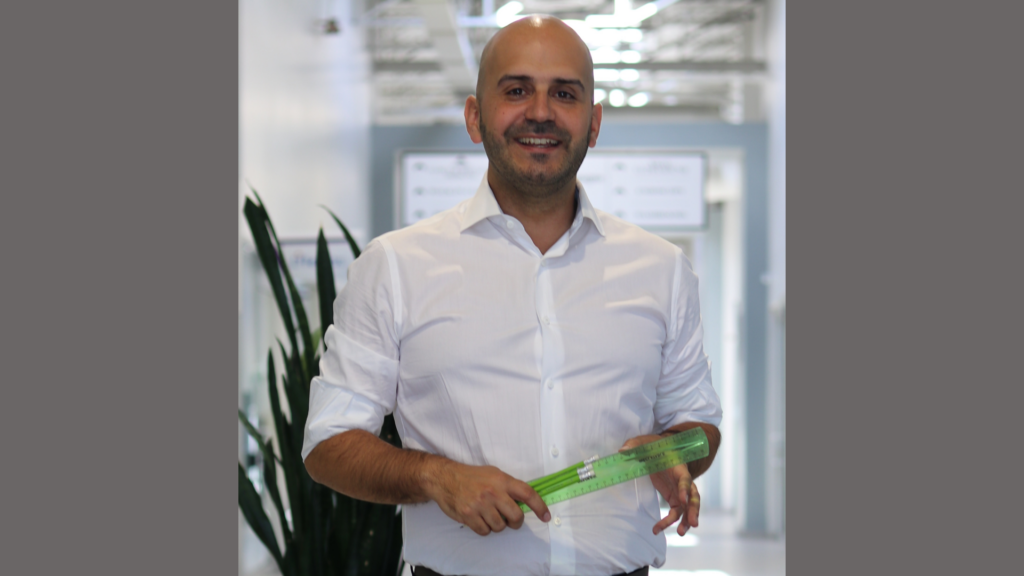
Moderator: Matias de Dovitiis
TDSB Trustee, Ward 4, Humber River - Black Creek
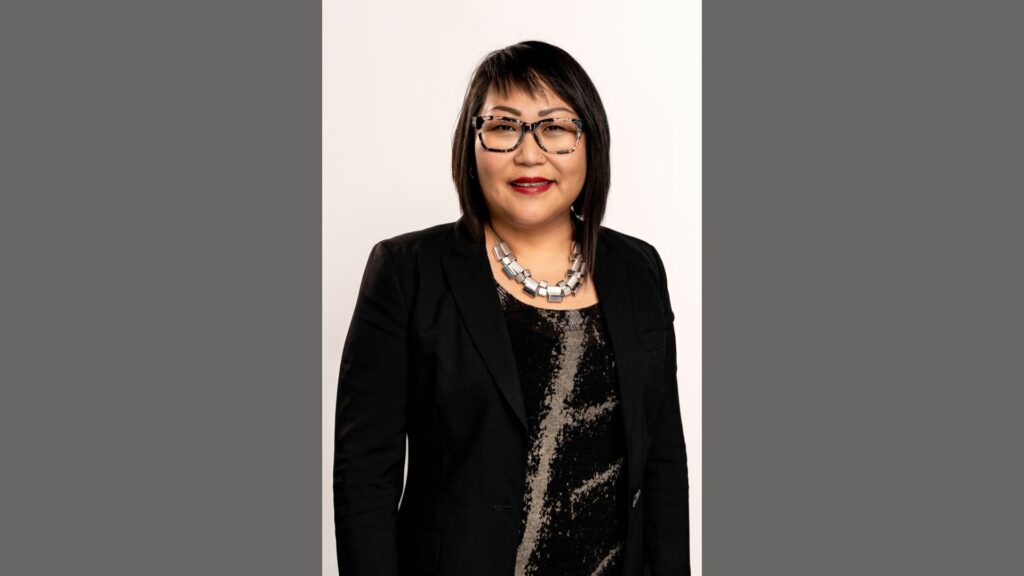
Speaker: Lisa Cole
Director of Programming, k2i academy, Lassonde School of Engineering, York University
Topic: Designing for Equity and Inclusion in Education with k2i academy, Lassonde School of Engineering
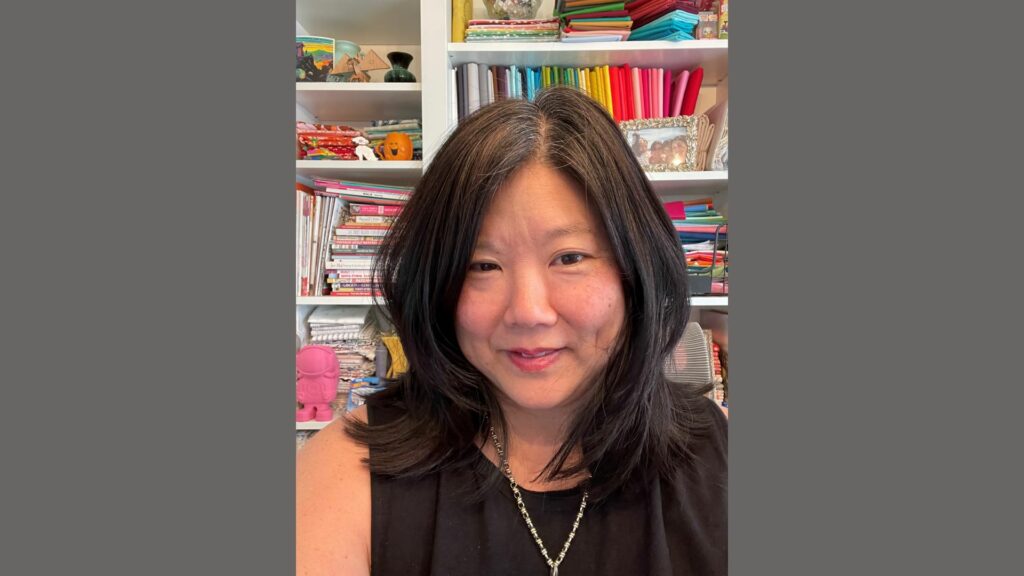
Speaker: Michelle Tsui-Woods
Associate Director of Operations and Development, k2i academy, Lassonde School of Engineering, York University
Topic: Designing for Equity and Inclusion in Education with k2i academy, Lassonde School of Engineering
SESSION 2 MONDAY MAY 27 12:00PM-1:00PM (EDT)

Moderator: Matias de Dovitiis
TDSB Trustee, Ward 4, Humber River - Black Creek
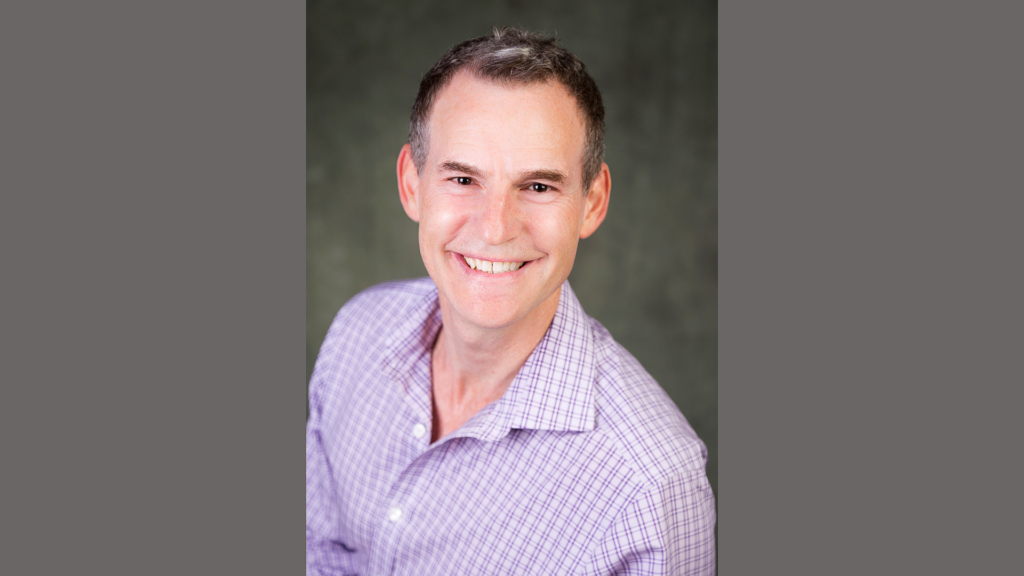
Speaker: Christian Van Buskirk
Faculty, University of Victoria, Gustavson School of Business, Faculty Lead, Business Minor Program
Topic: Framing Curriculum through the lens of SDGs
SESSION 3 MONDAY JUNE 10 12:00PM-1:00PM (EDT)

Moderator: Matias de Dovitiis
TDSB Trustee, Ward 4, Humber River - Black Creek
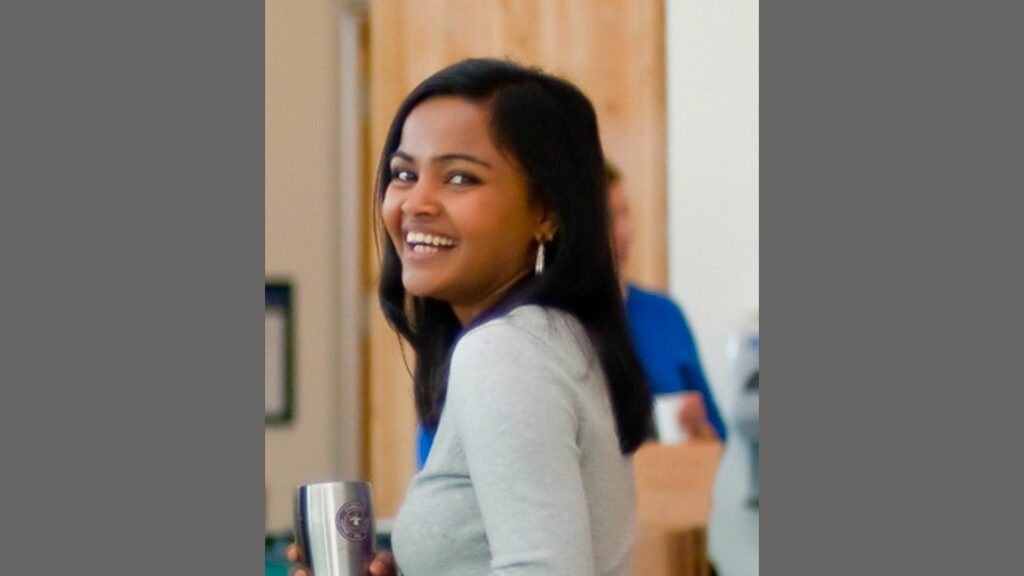
Speaker: Dr. Kshamta Hunter
Manager, Transformative Learning & Student Engagement, Sustainability Hub; Instructor, Faculty of Education, University of British Columbia
Topic: Advancing SDGs through Transformative and Justice-Informed Pedagogies
SESSION 4 MONDAY JUNE 24 12:00PM-1:00PM (EDT)

Moderator: Matias de Dovitiis
TDSB Trustee, Ward 4, Humber River - Black Creek
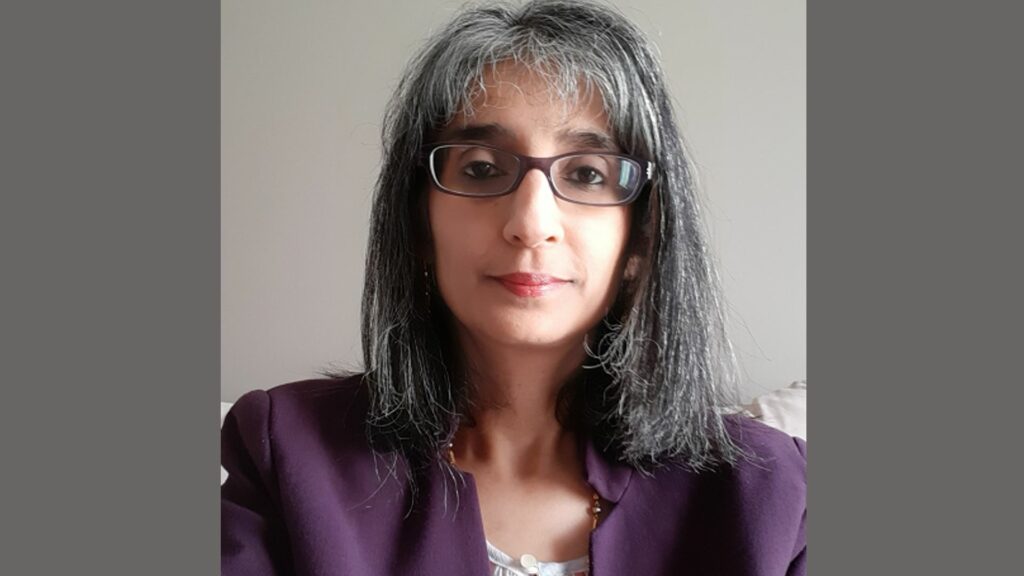
Speaker: Dr. Minna Allarakhia
President and Chair of the Board, BioEndeavor
Topic: Connecting the U.N. Sustainable Development Goals to the STEAM Curriculum (Grades 2-13)-Fostering Purpose Based Learning for the Whole Student
SESSION 5 MONDAY JULY 15 12:00PM-1:00PM (EDT)
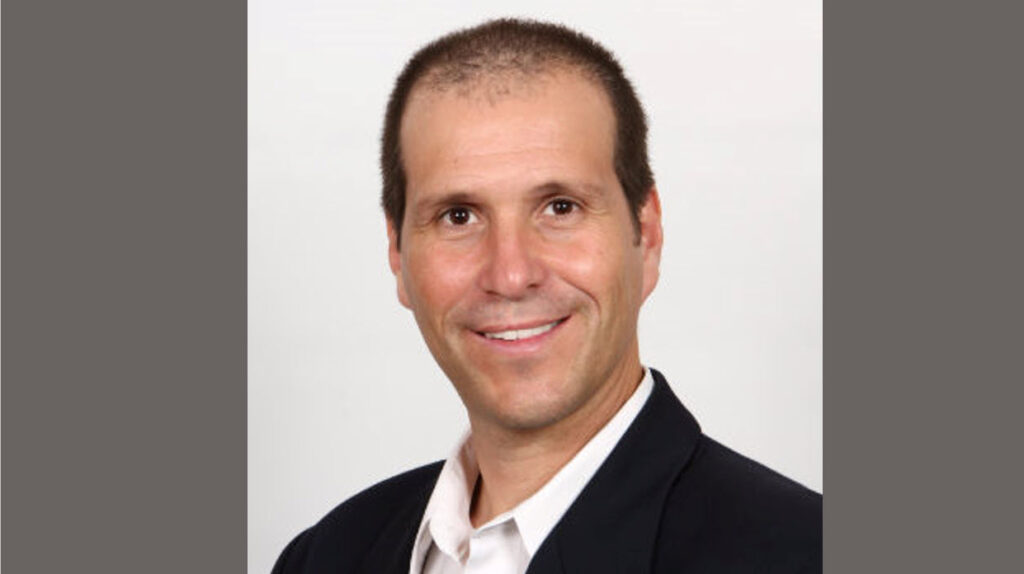
Moderator: Dr. Jose Etcheverry
Associate Professor, Faculty of Environmental & Urban Change; Director, International Renewable Energy Academy, York University
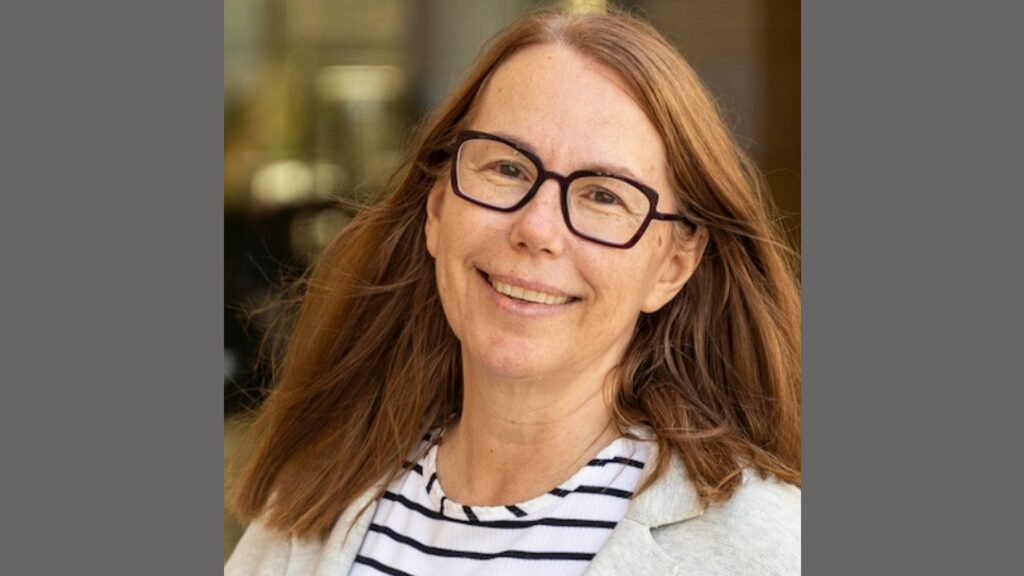
Speaker: Dr. Carolyn Steele
Assistant Professor (Teaching Stream), Humanities, York University
Topic: Embedding equity, diversity and social justice into the curriculum of a Digital Humanities class
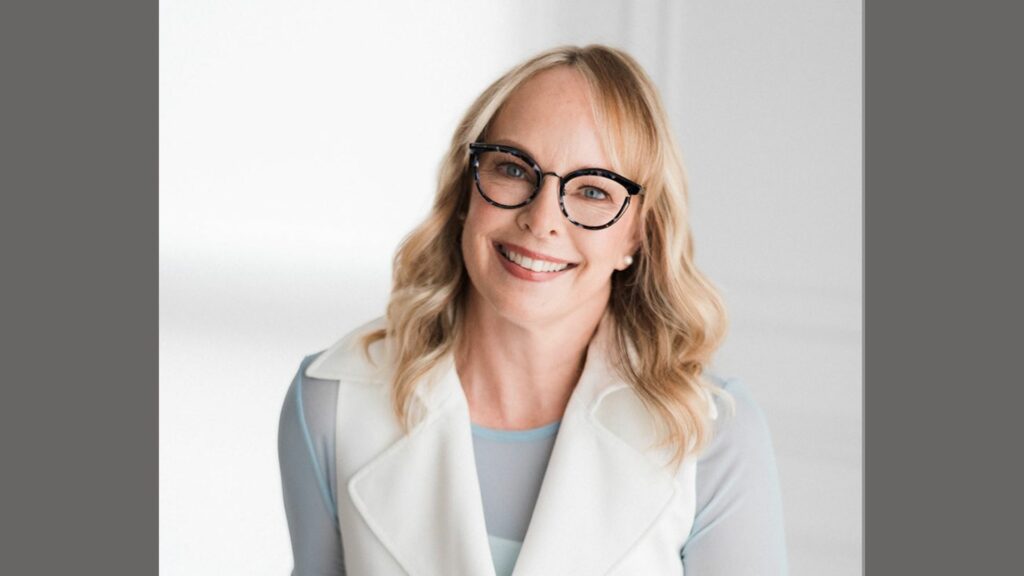
Speaker: Sandra Peniston
Assistant Professor (Teaching Stream), Faculty of Health, York University
Topic: Integrating Sustainable Development Goals into Nursing Education: Empowering Nurses as Catalysts for Change
SESSION 6 MONDAY JULY 22 12:00PM-1:00PM (EDT)
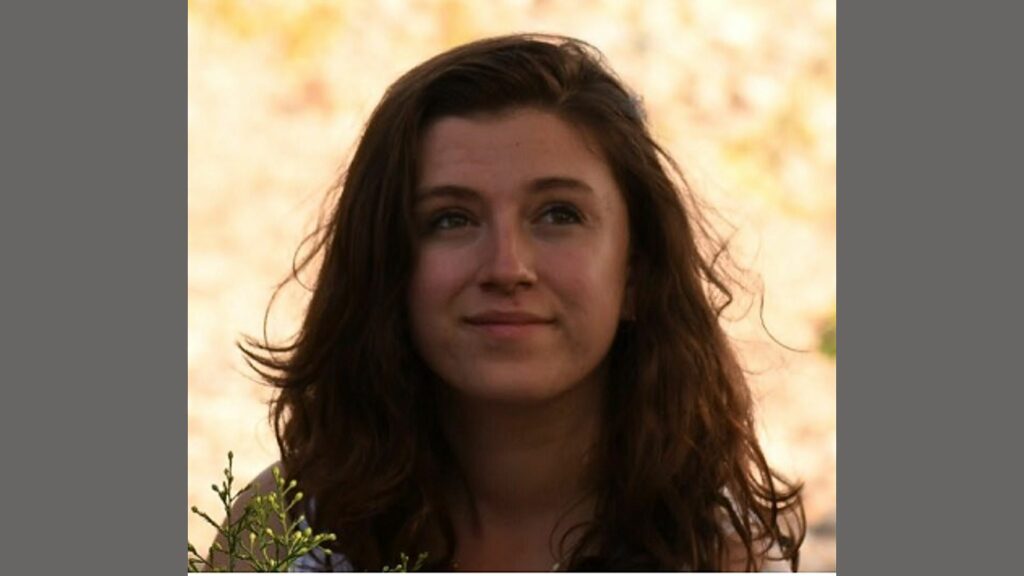
Moderator : Codrina Ibanescu
President, Rural Urban Learning Association; Co-Founder & Manager, Climate Solutions Park
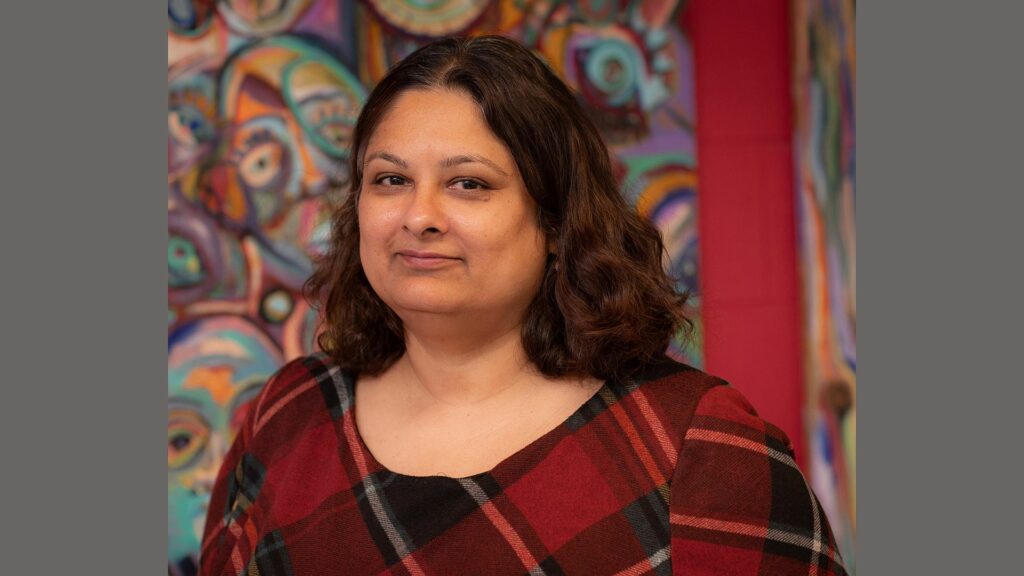
Speaker : Dr. Shital Desai
York Research Chair, Accessible Interaction Design; Director, Social and Technological Systems (SaTS) lab; Training Committee Vice-Lead, Connected Minds; Assistant Professor, Interaction Design, Department of Computational Arts, School of Arts, Media, Performance and Design, York University
Topic: Life-centred Futures: Sustainability, Interaction Design, and AI
Register
Organizer

CIFAL York is part of UNITAR's global network of training centres for knowledge-sharing, training, and capacity-building for public and private leaders, local authorities, and civil society. CIFAL Centres are local and regional hubs for innovative, participatory and co-creative knowledge exchange opportunities to support decision-making processes, build capacity, and accelerate the implementation of Sustainable Development Goals. Established in 2020, CIFAL York started its operation in June 2021 as the first CIFAL Centre in Canada. Health and Development training and knowledge sharing is among the key focusing areas of CIFAL York.
For more information or questions please contact: cifaldirector@yorku.ca
